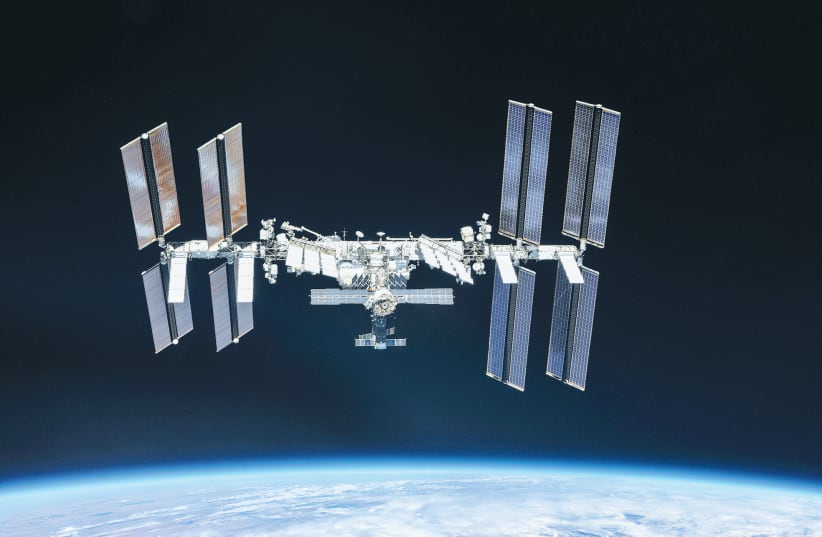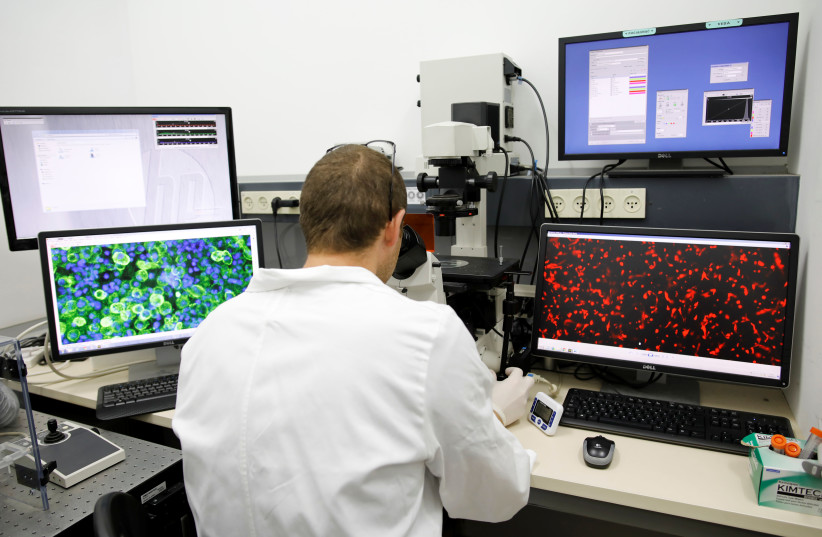According to researchers at Cedars-Sinai Medical Center in Los Angeles, the future of biotechnology may be in space.
The research, which was published in the peer-reviewed journal Stem Cell Reports last Thursday, shows that the low-gravity conditions of space present an unprecedented opportunity for the development of advanced medical technologies.
The microgravity conditions experienced by astronauts gradually accelerate aging and muscle and bone degradation. Scientists can therefore use these conditions to simulate models of disease progression and even the aging process far more quickly than they could by observing these processes on Earth.
These conditions may also be useful for the mass production of stem cells and for 3D printing of biological tissues, as the lack of gravity makes it easier to use low-viscosity materials. "The processes involved in biofabrication are heavily reliant on biomechanical cues that are affected by gravity," they said, "and microgravity conditions should enable full control over these cues in ways not possible on Earth."
The International Space Station is hosting relevant experiments to promote cutting-edge research in the microgravity environment. Meanwhile, biotech companies are developing satellites and vehicles for use in this area of research.
The Cedars-Sinai scientists are anticipating that space will be the frontier of a revolution in medical technology.
"While we are still in the exploratory phase of some of this research, this is no longer in the realm of science fiction," said Arun Sharma, PhD, study co-author and head of a research laboratory at the Cedars-Sinai Board of Governors Regenerative Medicine Institute, Smidt Heart Institute and Department of Biomedical Sciences.
"Within the next five years we may see a scenario where we find cells or tissues that can be made in a way that is simply not possible here on Earth," he said. "And I think that’s extremely exciting."

